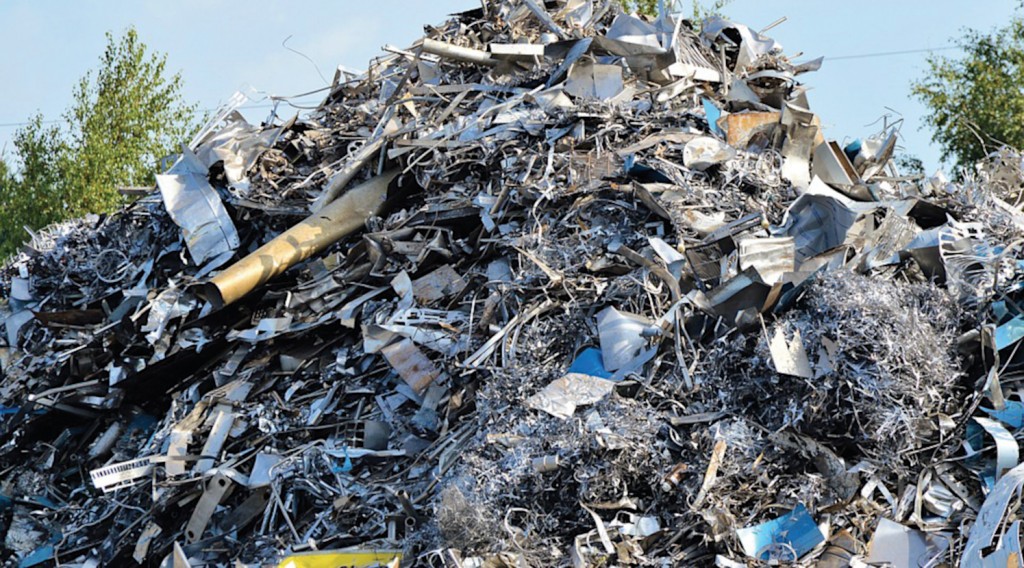
The pace with which we are receiving news, updates and information pertaining to the affects of the Novel Coronavirus COVID-19 pandemic is truly mind boggling. Now that it's approaching two months since the reality of the situation we currently face truly sunk in - let's call it somewhere around March 11 - the recycling and waste management industry can look back at a relatively quick and effective reaction to the crisis.
The first task was to make sure our industry was among those considered to be essential services. Ontario, Quebec and Alberta led the way on this designation, which was in place well before the end of March, and other provinces have followed. We've also seen a quick response with respect to regulatory and tax relief from various levels of government, and our industry associations have been working very hard to advocate for all of the above and keep us all informed.
See some of Recycling Product News' coverage so far related to the effect the global COVID-19 pandemic is having on the recycling and waste management industry here.
However long this crisis goes, our industry cannot stop. While the flow of C&D and IC&I waste, including food waste materials from restaurants, has decreased significantly, material from residential streams has seen increases. This means that many in our industry, mainly drivers and collection workers and those still at recycling facilities, transfer stations and landfills, are required on the front line.
Companies and workers in e-waste recycling and refurbishing are one example of a sector that has seen a particularly significant role emerge during the current crisis. We continue to need the precious and rare metals in electronics. More importantly, the market for refurbished IT equipment has been energized significantly, in large part due to the burgeoning work- and learn-at-home trend which has resulted from social distancing practices in place across Canada and around the world.
Concerns related to the pandemic are widespread, varied and complicated. There is anxiety over the economic impacts of shutdowns, strained geopolitical relations and issues at borders for international import/export markets. There are decreased services from all sectors and decreased available resources and programs.
For recyclers, particular challenges include how to deal with changing incoming waste streams (PPE waste), and worker safety in an already very dangerous, dusty, noisy, crowded and hazardous environment. How do we practice social distancing and safe material handling at a MRF and still maintain productivity? In a commodity-based industry, how does our industry deal with the intense level of global market volatility, closed borders and economies? There are also distinct challenges with respect to insurance for recyclers during this time, and our industry will likely see a rise in complaints from neighbours with respect to odour, air quality and noise, as so many more people spend time at home.
So far, industry reports indicate a fairly small effect on the waste and recycling industry overall, relative to many other industries. Collection and waste management has not been affected greatly, though service in some jurisdictions, moreso in the U.S., has been decreased, or stopped. Trucks continue to pick up waste and recyclables at the curb in most jurisdictions in North America.
In the end, this pandemic will likely be hardest for smaller-scale recyclers and composters, which already exist on narrow profit margins. Our smaller industry associations, at the provincial and state level, and other non-profits which contribute greatly to the advance of waste recovery are also particularly vulnerable. Municipal governments are vulnerable.
But we can still pull positives out of any situation. Within all of this uncertainty, there is an opportunity in recycling for evolving technology and innovative methods to fill in the gaps of a readjusted reality. This will be very interesting to follow over the coming months, and years, as we transition to a new reality across the board.
Here at Recycling Product News, we're going to focus on keeping our readers and online visitors up to date on this front and with all the news of our industry.
Send comments and stories about how your recycling business is dealing with the current situation to the Editor, any time.
Thanks to those on the front line, in waste and recycling, and in all essential industries. Stay healthy out there.
This Letter from the Editor originally appeared in the April 2020 edition of Recycling Product News, Volume 28, Number 3.


